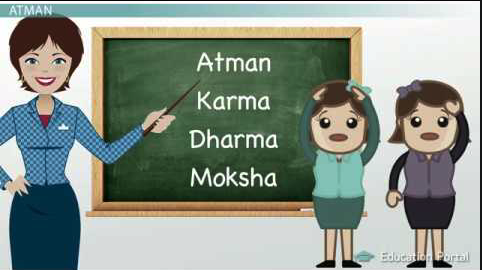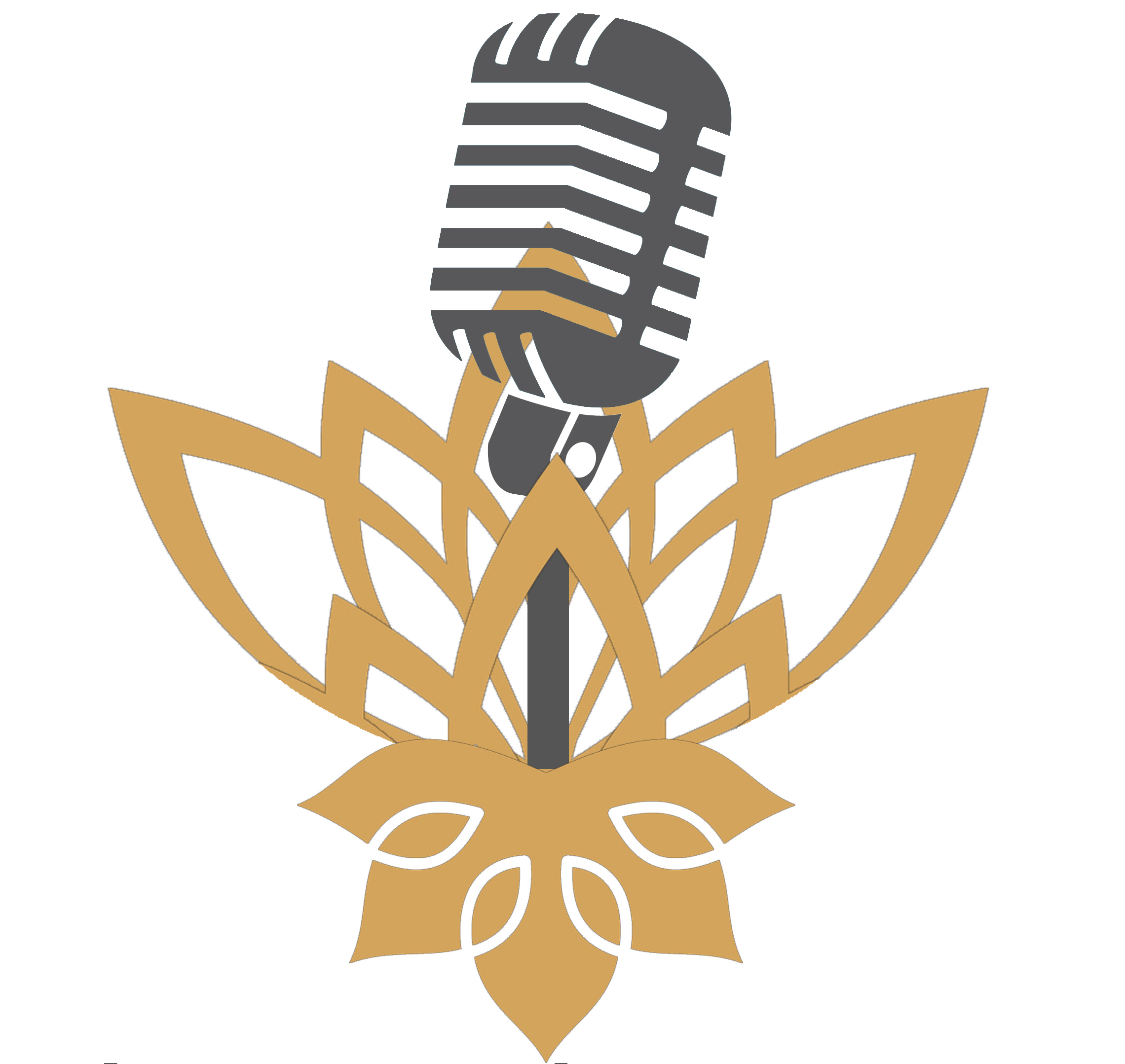This questions and answers document is prepared by a group of Hindu Speakers as a source of information for them or for any one seeking information on Hinduism. There are multiple ways of answering a single question and this group is not claiming to provide all potential answers here.

On Hinduism
The target audience is 9th grader Abrahamic students in American Schools but it will be useful to anyone interested in learning about Hinduism. All answers are designed to answer in about a 3 minute time frame. We have also provided links to other reading materials and video links relating to each question.
Considering Hindu speakers are invariably asked some sensitive geopolitical questions, we have included some potentially sensitive topics here to help speakers answer them from Hindu perspective. However we wish to clarify that this group is composed of Hindus but the group does not have any political affiliation.
Questions starting with “z” are being worked on now. We hope to list some 300 questions and answers below.
If you wish to review these questions and answers in the PDF format, here it is.
If you have any feedback on these QAs, please write to HinduSpeakers@gmail.com. Thank you.

32. Hindu terminologies
Ananda is a state of causeless bliss and joy.
The Hindu tradition teaches that this is our original state, not a destination to be achieved through effort and strife. We are caught in a web of ignorance and greed that deludes us about our true nature and causes us to be happy or unhappy on account of external events.
A fish does not strive to be in water, it already is. We already swim in the Ocean of ananda, but behave like a fish out of water, helpless and distraught. Realizing the truth of our original state, we can go about naturally in this world.
This is also the reason why many Indian holy men have the suffix “ananda” in their names. They have dropped their ignorance and now live in a perpetual state of causeless bliss.
.
Other reading material:
Relevant videos
Contributor: Gaurav Rastogi
Brahm is limitless, eternal all pervasive energy that is in everything and powers everything and it has no beginning and no end. It is the source of this universe, the Ultimate Truth.
Brahma: Per Hinduism, everything in the universe follows the wheel of time (kaal chakra): cycle of birth-death-rebirth. Even the universe follows this wheel of time/kaal chakra and is created- preserved – dissolved and then created again. Brahma is the God of creation, responsible for manifesting the new srishti (creation, universe) after its dissolution/recycling by Shiva.
Brahmin: Branhims are those (human beings) who have ‘sattva’ guna (harmony, knowledge and contentment) pre-dominant in them. According to Gautama DharmaSustra, a Brahmin should possess eight virtues: truthfulness, teaching the virtuous, following the rules of rituals, studying the Vedas, gentleness and nonviolence, self control and kindness and others. Brahmin’s dharma in society is to interpret and share the knowledge of Hinduism across generations. One does not become Brahmin by birth but by gunas (qualities) and karma (action).
Other reading material:
Relevant videos:
Contributor: Swati Sugandhi
URL of this page: https://www.hinduspeakers.org/ufaqs/what-is-the-difference-between-brahm-brahma-and-brahmin
Few of sanskrit words used related to God are:
Brahman is limitless, eternal all pervasive energy that is in everything and powers everything and it has no beginning and no end.
Devata from root word div or dev (दिव, that which shines) with tva (त्व/तल् प्रत्यय, being) becomes devata (देवत्वम्/देवता; a masculine form) meaning the one capacity to give. The feminine form is “Devi” and the word Devta means both Dev and Devi. Anyone who has achieved a state of supreme mastery over something and has owned it is called a “Dev”/”Devi”.
Ishvar means the supreme lord through which everything came into existence. Shiva and Vishnu are considered as “Ishvars”.
Bhagavan is Bhag + Van (someone who uplifts the Bhagya (luck) of the subject), one that possesses Bhag: Collection of 6 qualities (1. Aishwarya, 2. Veerya, 3. Yashas, 4. Shree, 5. Jnaana, and 6. Vairagya). Bhagavan (sometimes translated as “Lord”) is an epithet for a deity, particularly for the deities of Lord Krishna, Rama, Vishnu and Lord Shiva. The term is also used by Jains to refer to the Tirthankaras, particularly Mahavira, and by Buddhists to refer to Lord Buddha in India.
Parmatma (Par + atman) means the supreme soul of an Individual. Something which is above and beyond the “atman” (soul). Every individual has a “Parmatman” inside it. You are nothing but a soul, trapped in a cage of flesh and bones. Your parmatman is the state of pure consciousness.
Prabhu means lord. The provider (master) is called “Prabhu”.
Other reading material: http://www.lonelyphilosopher.com/difference-between-prabhu-ishwar-bhagwan-devta-and-parmatma/
Relevant videos:
Contributor: Manju Gupta
URL of this page: https://www.hinduspeakers.org/ufaqs/explain-sanskrit-words-that-are-translated-to-god/
